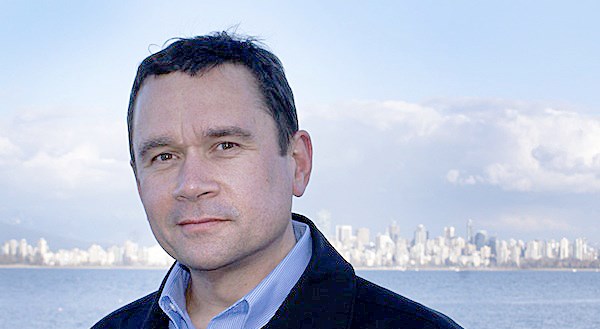Although the legislation to ban corporate and union donations for municipal elections was tabled late last month, it is just beginning to sink in what a profound effect it could have on our current political system.
On Oct. 30, the day before Halloween, B.C. Minister of Municipal Affairs and Housing Selina Robinson (also MLA for Coquitlam-Maillardville) unveiled Bill 15 — legislation that also sets caps on individual donations. What was particularly spooky for anyone contemplating running for office in the future is that the minister announced the ban would go into effect at midnight the following day.
How many businesses and unions were shaken down for large donations over the following 36 hours will not be known until the candidates and elector organizations that received those contributions fully disclose their funding sources.
That the new NDP government would bring in a ban on corporate and union donations is not a surprise. That the limits would be so restrictive on elector organizations’ ability to raise funds makes it highly likely much election spending will never be declared.
That so-called “dark money” will flow into supporting political candidates in local government seems like a certainty.
The new rules now limit personal donations to individual candidates to $1,200. Elector organizations also face that same $1,200 cap — regardless of how many candidates are on their slate.
Even if someone could afford to give that amount, if you are a candidate for Vision Vancouver or the Burnaby Citizens Coalition, for example, all one can donate is $1,200 to the whole organization.
Unless they already have plenty of money in the bank — as some most certainly have — many elector organizations will simply not have enough funds to run their campaigns.
And unlike with federal and provincial campaigns, there are no tax receipts that come with municipal donations.
With Metro Vancouver cities with populations in the tens or hundreds of thousands, it takes a lot of money to run a civic election campaign. Organizations such as IntegrityBC are dismissive of the high costs associated with election campaigns but unless we want to continue to re-elect incumbent candidates, you need to be able to communicate with voters.
For example, if you were to use ad mail, in Vancouver, you would need to deliver to approximately 250,000 households. Your costs for design, printing and postage alone would probably run you about $1.50 per piece of mail for a total cost of $375,000.
The cost for the polling and phone banks that big campaigns — or even smaller campaigns in places like the Tri-Cities — rely upon would be substantial. To raise the money needed to conduct an effective municipal campaign you would need hundreds of individual donors giving hundreds of dollars each. No elector organization or individual candidate has the capacity to raise those amounts from so many individual donors.
What will likely happen is campaign operations will be outsourced to third parties that are not restricted by the legislation. There are companies that will do push polling to manipulate voters and identify their political leanings in order to send them election day reminders. Bill 15 makes no provision either for third parties, such as U.S.-funded activist groups that continue to try to influence the outcomes of our elections.
If there is a silver lining, it is that donors behind really large contributions will no longer hold sway over election slates.
There is still time, however, for the government to make amendments to Bill 15 — such as making donations tax deductible — that will go some way to improving the civic election process in B.C.
Mike Klassen is principal and founder of TCG Public Affairs, a strategic communications and advocacy consultancy that works with government, non-profit and private sector clients, primarily focused on economic development.
mike@mikeklassen.net • @MikeKlassen



